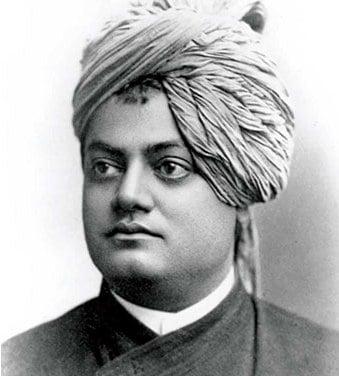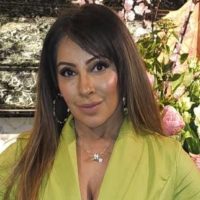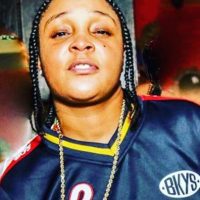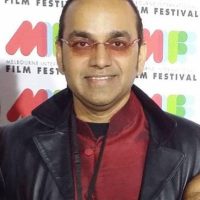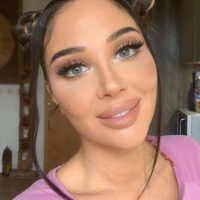| Swami Vivekananda came from a family of eight siblings. |
| He was born at 3 Gourmohan Mukherjee Street in Calcutta, which is now known as the Ramakrishna Mission Swami Vivekananda’s Ancestral House and Cultural Centre. |
| From a young age, he showed a strong interest in spirituality by meditating before Hindu deities such as Shiva, Rama, Sita, and Mahavir Hanuman. |
| As a child, he was known to be quite mischievous. |
| His grandfather, Durgacharan Datta, was skilled in Persian studies. |
| Vivekananda had memorized the Sanskrit grammar book of Mugdhabodh by the age of 7. |
| He attended school at Ishwar Chandra Vidyasagar’s Metropolitan Institution in Calcutta. |
| In 1881, he decided not to pursue studies at Presidency College. |
| Vivekananda regularly immersed himself in reading various Indian Vedic scriptures. |
| He received training in Indian classical music. |
| He was deeply influenced by the ideas of Herbert Spencer. |
| It's said that Vivekananda had an exceptional memory. |
| In 1881, he became part of Keshab Chandra Sen’s religious movement Nava Vidhan. |
| He first met his master, Ramakrishna, in November 1881. |
| At his master's request, Vivekananda prayed to goddess Kali to resolve his family's financial difficulties. |
| After caring for his Guru in his final days, he achieved the state of ‘Nirvikalpa Samadhi.' |
| In December 1886, he and fellow monks vowed to follow their spiritual master's path, leading Narender to adopt the name "Swami Vivekananda." |
| Starting in 1895, he focused on giving lectures on Vedanta and providing yoga training at a fixed location instead of traveling. |
| He delivered his first speech in East Asia in Sri Lanka on 15 January 1897. |
| To promote social work, he established the Ramakrishna Mission in Calcutta on 1 May 1897. |
| The Belur Math was founded by him in 1899 on the banks of the Ganga River. |
